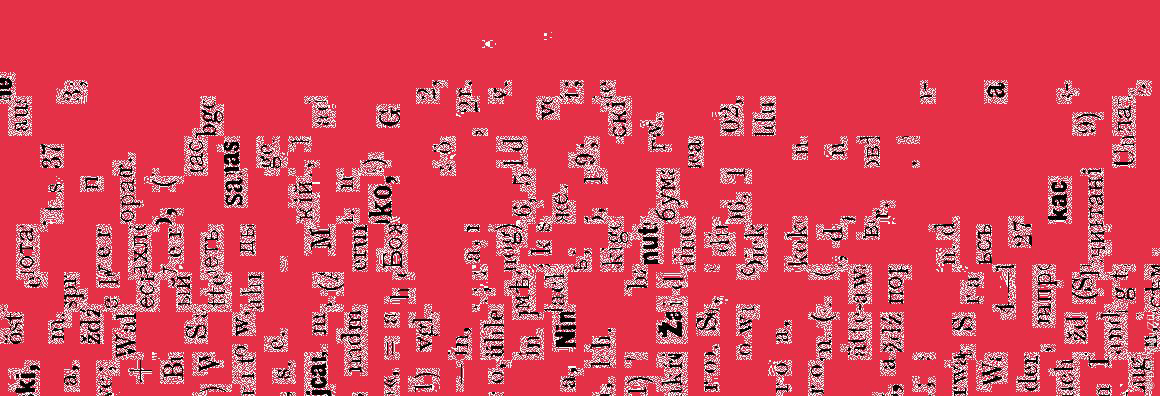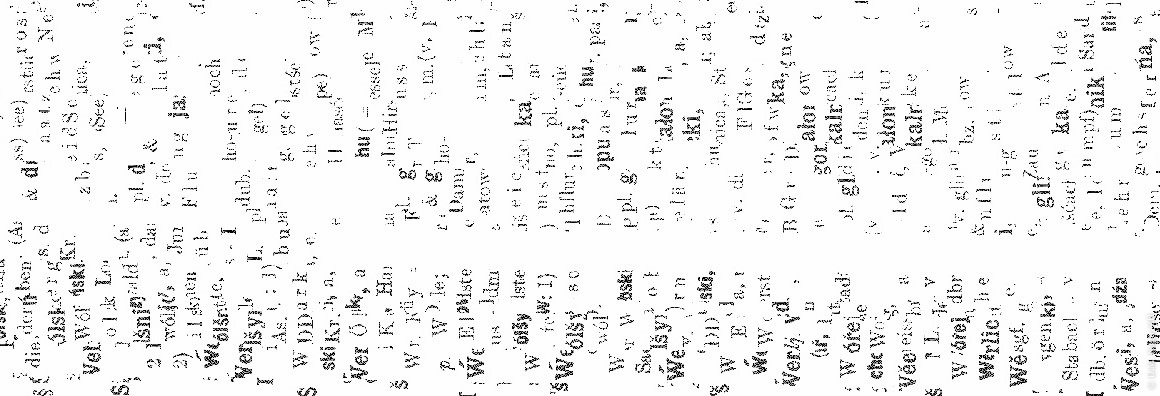
About us
The Leibniz-Zentrum für Literatur- und Kulturforschung (ZfL) is a humanities institute for literary studies in interdisciplinary contexts that draw from a cultural studies framework. Its methods also engage with the structural transformations within historical-hermeneutic subject areas that have taken place in recent decades. In contrast to the study of literature at universities, predominantly organized by nationality, the ZfL fosters a broad concept of literature. It uses interdisciplinary tools to fundamentally question the etiology of various literary concepts, their potential for the future, and the relationship between literature and other arts or cultural practices. This is carried out in the three program areas History of Theory, World Literature, Knowledge of Life, and in the Key Projects. While literature remains a primary object of investigation in all areas, the institute also opens up new epistemological fields, new modes of knowledge, and new sets of questions in other disciplines. Our overarching objective is to explore the development of alternative descriptions of modernity and how they fit into a broader historical context. As a relatively small, independent institute, the ZfL sees itself as a vital contributor to national and international research communities and as a critical observer of an ever-changing academic landscape.

Research Profile
The ZfL’s research is organized into three areas, “History of Theory,” “World Literature,” and “Knowledge of Life,” which are interrelated in many ways. Historically, they are linked because key concepts in each field either emerged in the late 18th century (life, world literature) or assumed a new meaning at the same time (theory). Their systematic connection results from the enormous discursive impact they each have had. For example, the then newly conceived genre of the novel, with the relationship between life and literature at its center, could not be accommodated by the established tradition of rule-governed poetics. Hence, it induced new modes of inquiry that came to be known as theory. Early biology offers another example: the new notion of “organism” traversed several fields from literature and art to biology and philosophical aesthetics. In terms of methodology, moreover, all three areas make use of historical-hermeneutical approaches. Of course, these shared interpretive tools can and need to be calibrated in accordance with each particular research endeavor. In the past, the history of concepts and the history of religion have proven to be rich reservoirs for new research questions and modes of inquiry.

History of Theory
Prior to the reduction of literature to belles lettres at the end of the 18th century, the concept included other fields of erudition such as rhetoric, poetics, religion, natural history, and the arts. These intellectual traditions and interpretive practices did not simply disappear around 1800, they rather experienced a transformation. One of the effects of this change was the emergence of theory, originally limited to literary theory. From the 18th century onward, the term “theory” has been the name given to the study of the discursive conditions that organize any given culture. It has since expanded and turned into a mode of inquiry with its own historical developments and genre conventions. The History of Theory, as a meta-discourse, thus surpasses a simple recapitulation of the theories and “turns” that have come and gone since the 1960s.
Detailed information about the Program Area History of Theory

World Literature
While the notion of world literature emerged together with the national philologies in the 19th century, it also competes with them and offers ways to overcome their divisions. Today, the studies of world literature take into concern the specific global conditions shaping the realm of literature as well as the effects of globalization on literary production and reception in a rapidly changing society. Moreover, the concept of “world literature” suggests that literature is more than just a representation or reflection of particular realities—it creates worlds and shapes realities. Therefore, our goal is not the study of all the world’s literatures but an exploration of how different literatures form and help in understanding our world.
The ZfL’s long-standing study of Eastern European literature is a good example. Eastern European cultures belong to a politically, ethnically, and religiously fraught region at the “margins” of Europe. In light of recent crises, research into the region’s literature and culture prompts a critical examination of Europe’s hegemonic self-presentation.
Detailed information about the Program Area World Literature

Academic Europe, the European career network for Academics, Researchers and Scientists